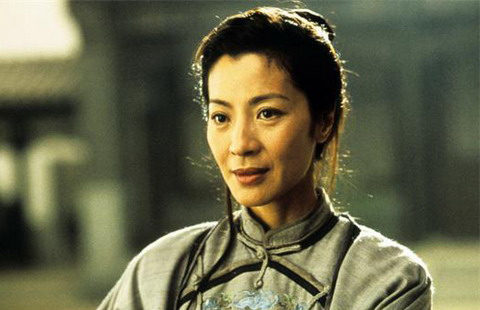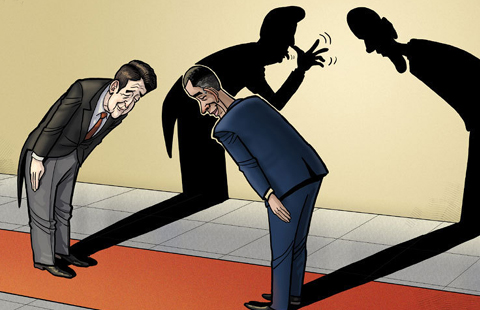Japan's ugly truths cannot be retracted
By Cai Hong (China Daily) Updated: 2014-12-25 07:38In an interview with The New York Times, political scientist Jiro Yamaguchi said Abe is now using Asahi Shimbun's problems to intimidate other media outlets in Japan into self-censorship.
Abe and other conservative lawmakers and activists have a long-running campaign against the term "sex slaves", maintaining the women weren't coerced.
Earlier this year, a government panel re-examined the landmark statement by Japan's former chief cabinet secretary Yohei Kono in 1993, in which he apologized to former "comfort women", saying it was not based solely on historical evidence.
In his statement, Kono stated clearly the "Japanese military was, directly or indirectly, involved in the establishment and management of the comfort stations and the transfer of comfort women". In its campaign manifesto for the Dec 14 general election, the LDP announced it would increase its public relations efforts to improve Japan's image overseas. It is committed to resolutely countering the "unwarranted accusations based on fallacies".
When Japan's conservative newspapers and politicians try to deny reports acknowledging women were forced to serve the Japanese soldiers before and during the war, they are reopening dark chapters that the world considers settled. The old scores are isolating Japan in the international community rather than restoring its honor.
As a Washington Post columnist said, "it is unspeakably ugly to once again deny those women their humanity by saying they were volunteers - prostitutes - and not sex slaves".
If Yoshida's statements are incorrect then Japan needs to think hard how to deal with other documents, narratives and testimonies by Chinese, Korean, Filipino and Dutch women, as well as its own former soldiers. In his memoir, The Neverending Navy, for instance, former prime minister Yasuhiro Nakasone described his wartime experiences of managing Japanese troops and building a "comfort station".
At the Foreign Correspondents' Club of Japan in Tokyo in March 2007, Nakasone refused to elaborate on his war memories but said: "As a Japanese, I think it's something Japan should apologize for ... and apologize again."
The Yomiuri Shimbun is changing itself from a truth-seeker to a whitewasher of Japan's wartime history. This is a backward step for itself and the country that sows the seed for disregard of humanity.
The author is China Daily's Tokyo bureau chief. caihong@chinadaily.com.cn











